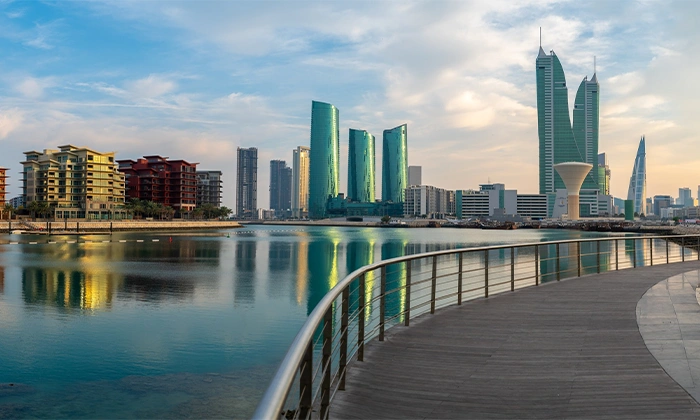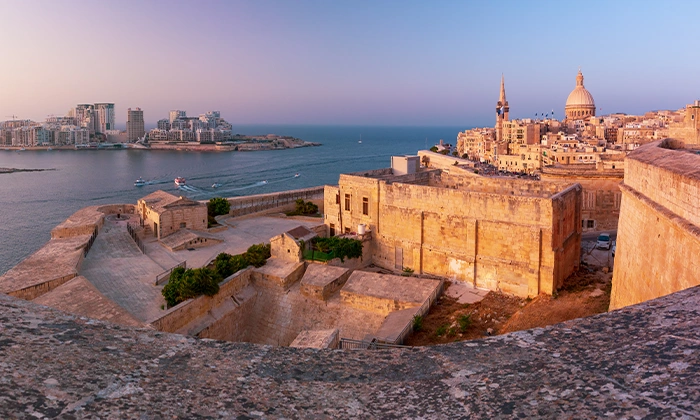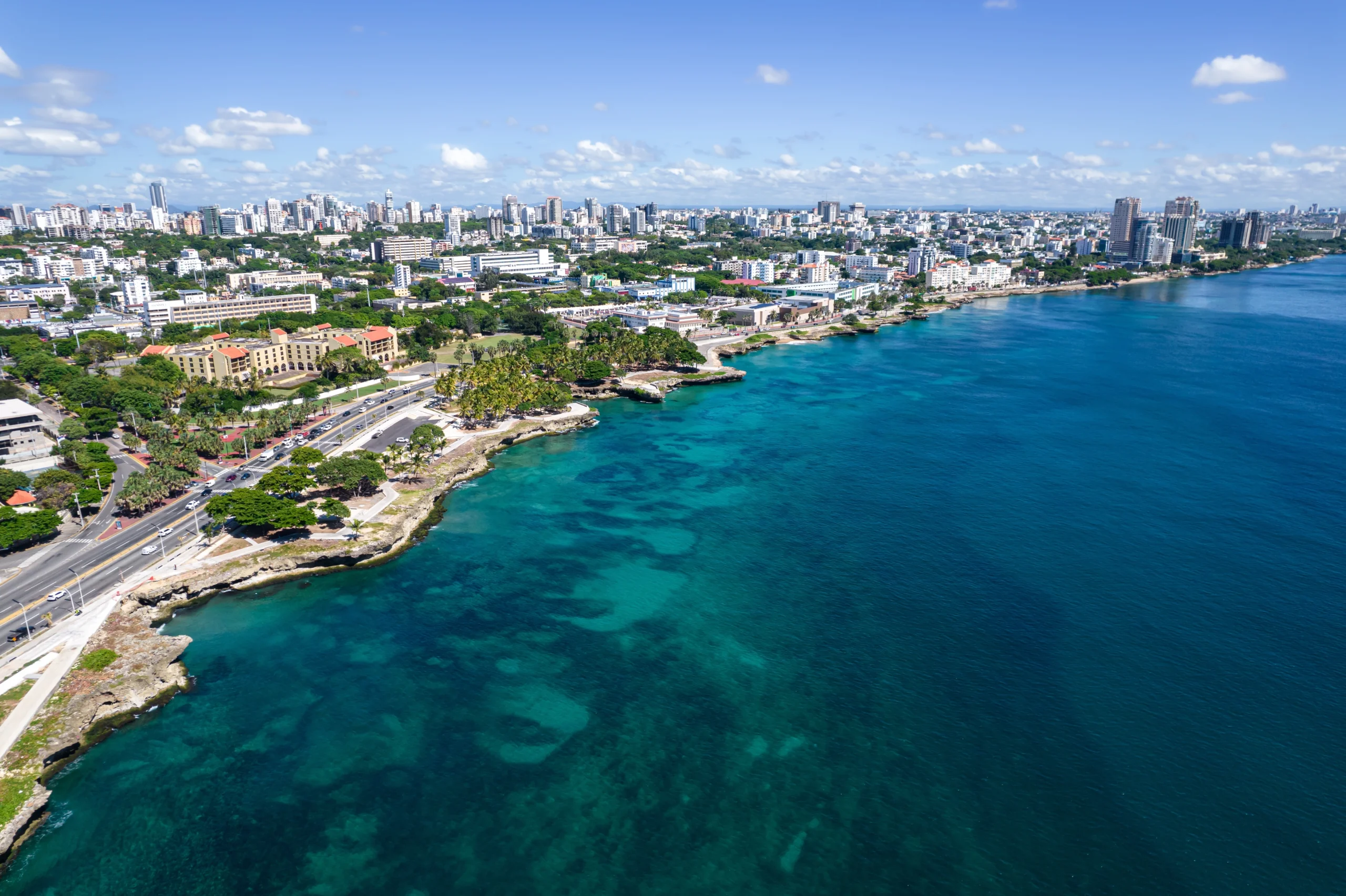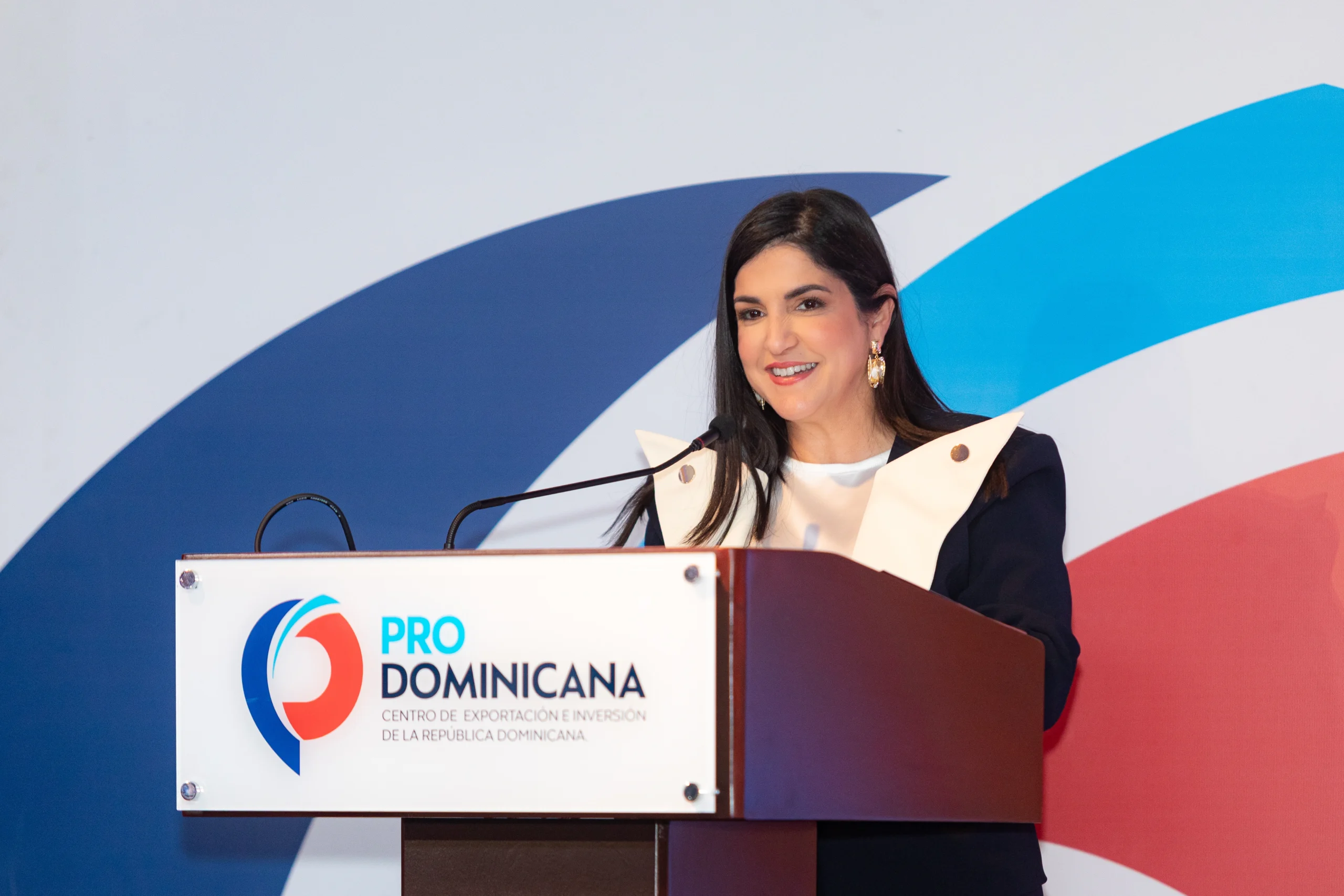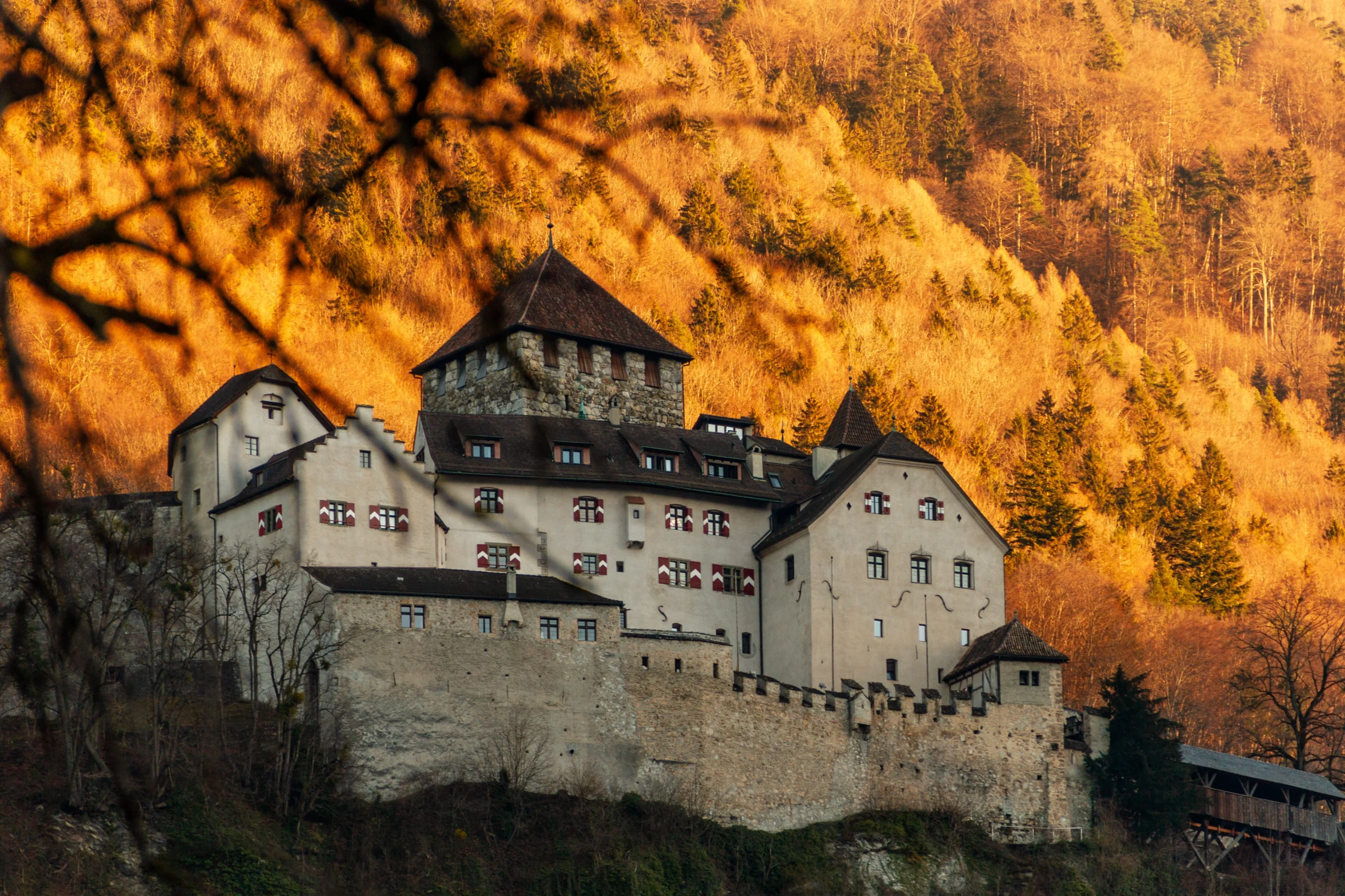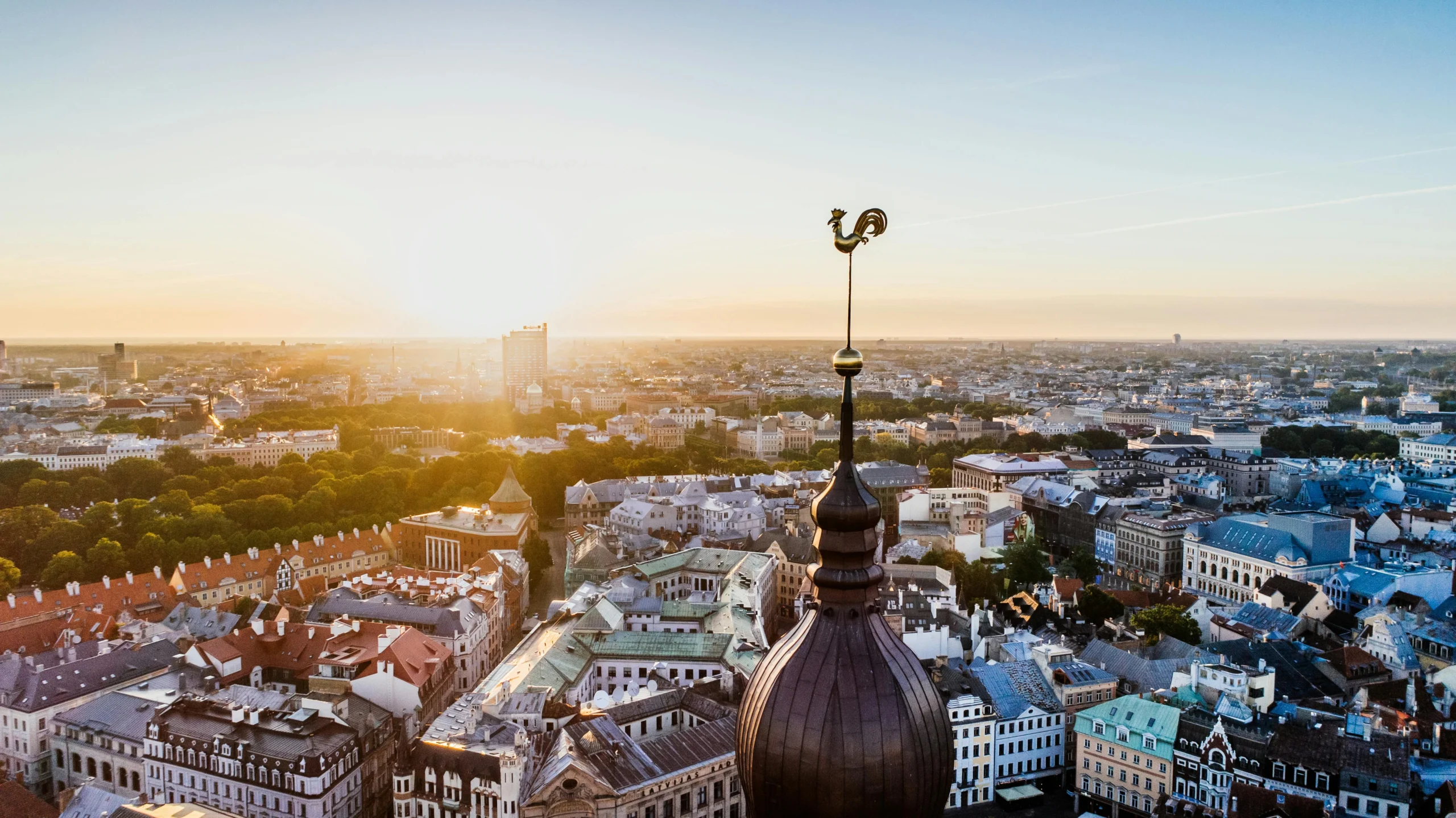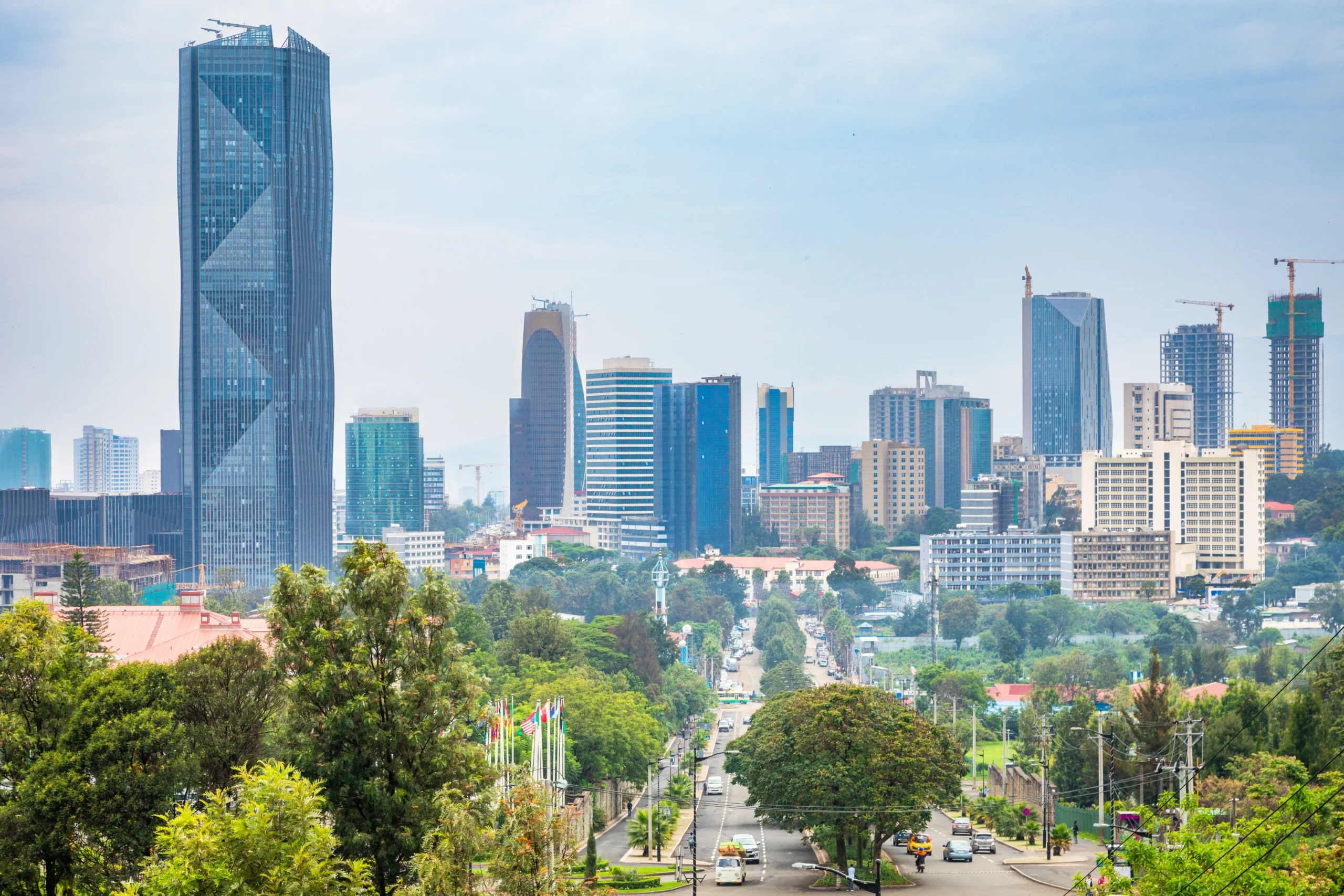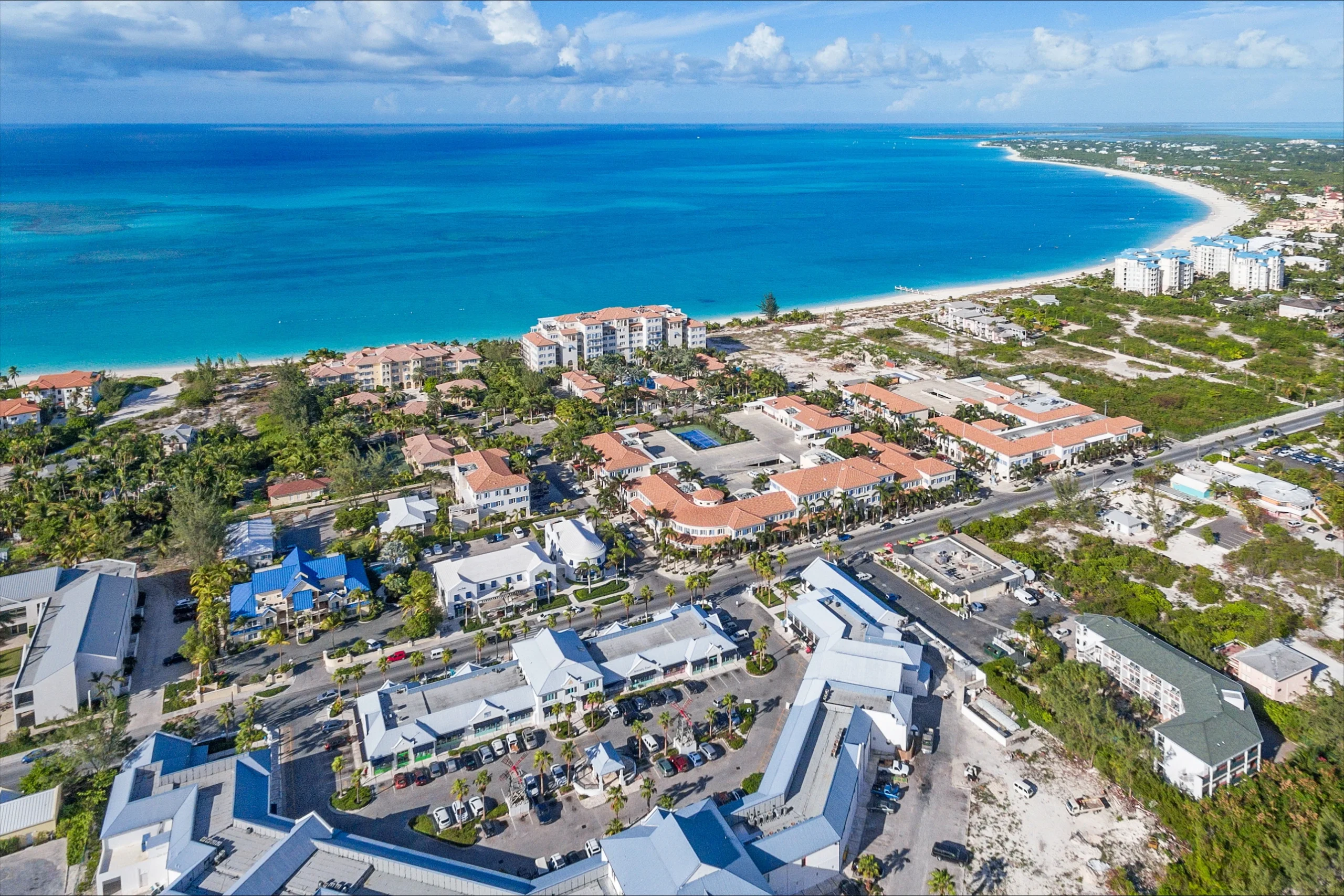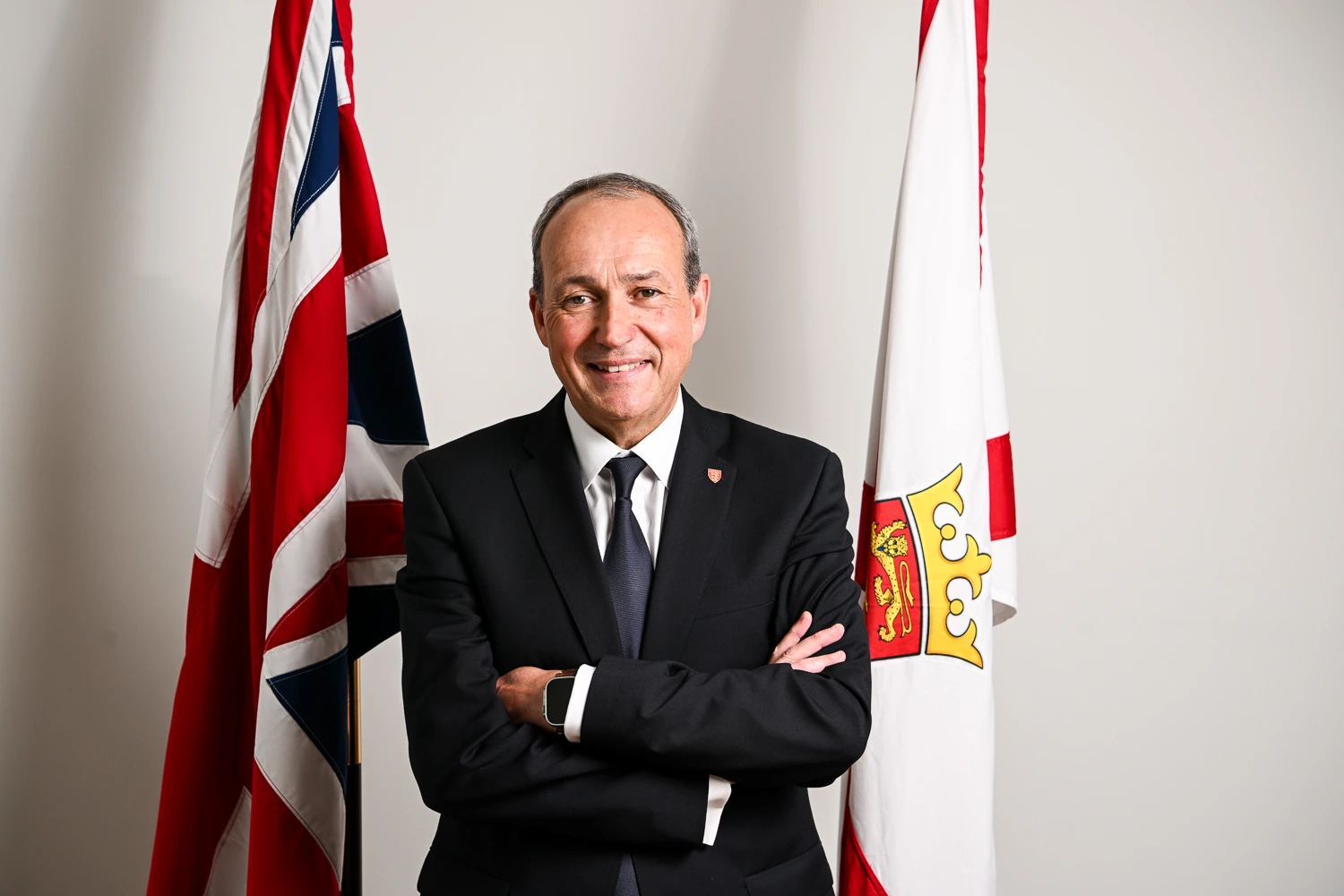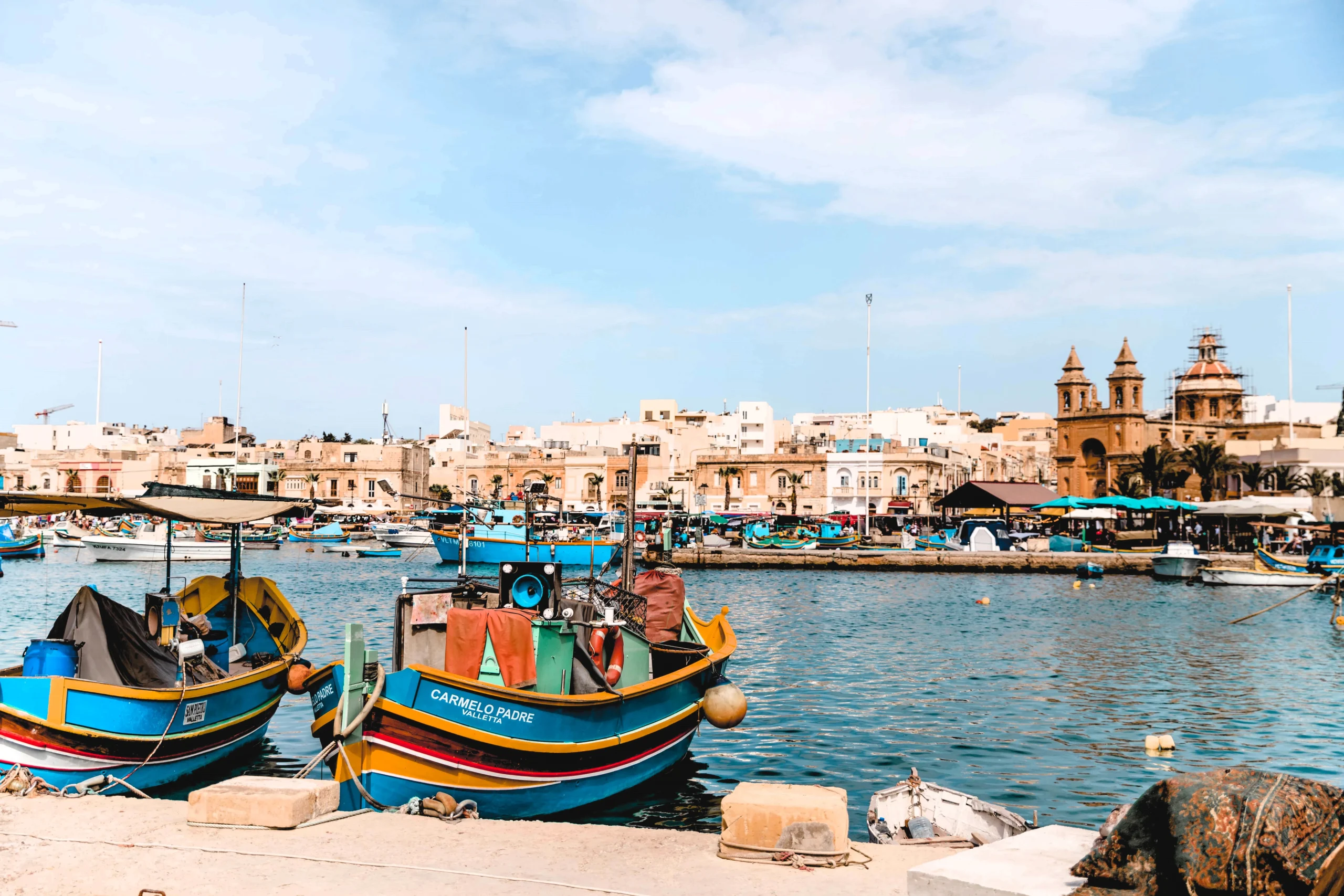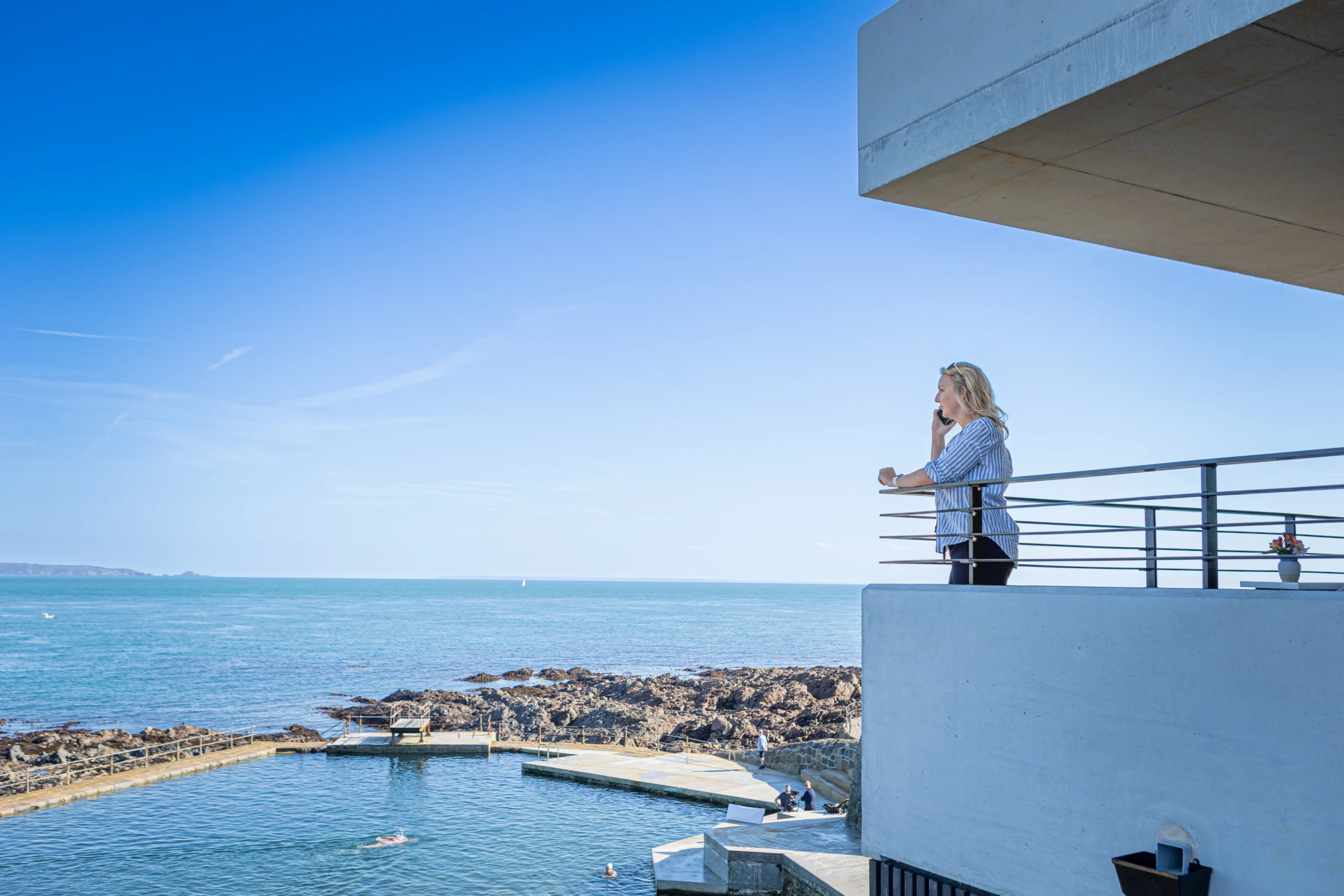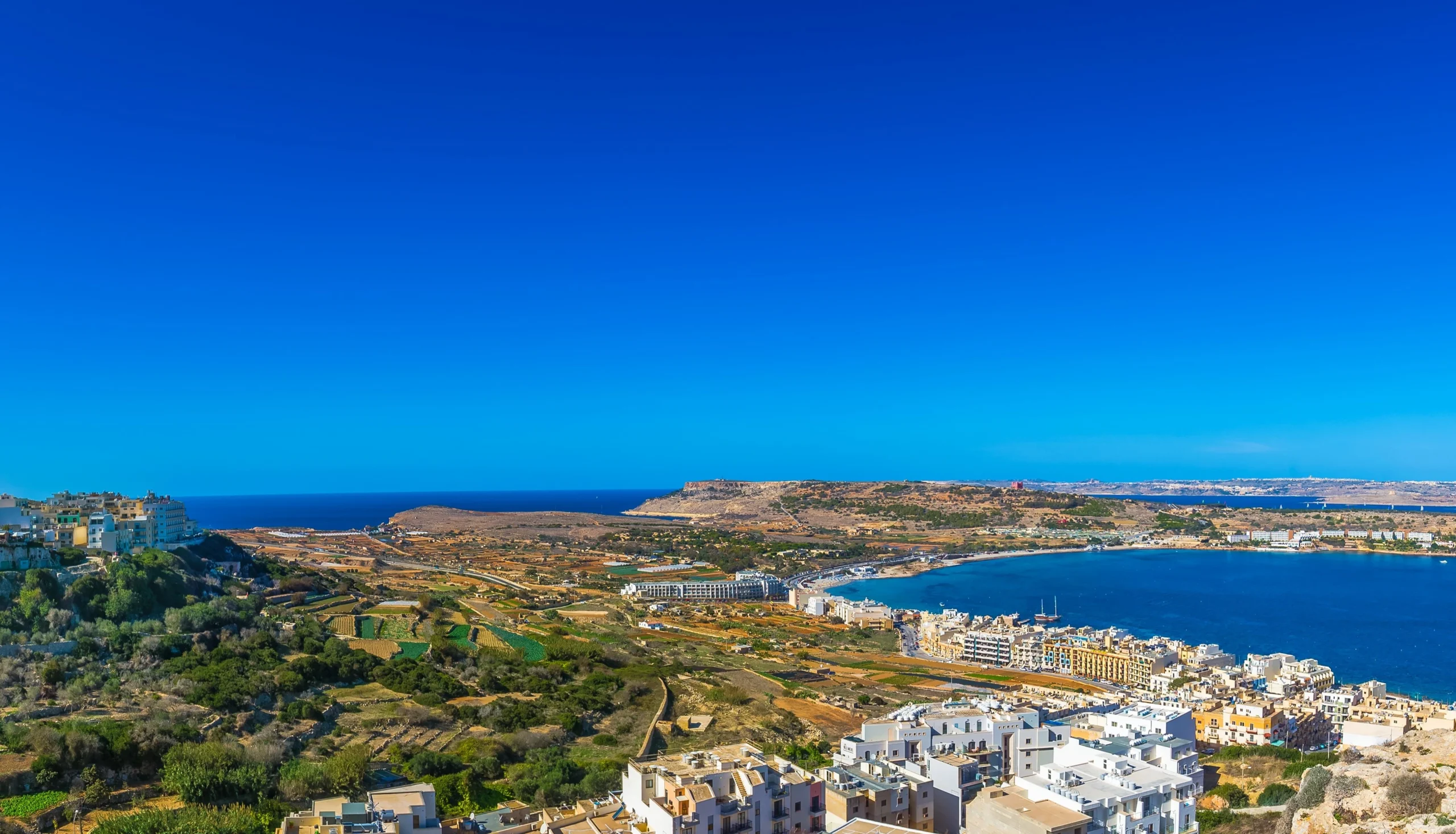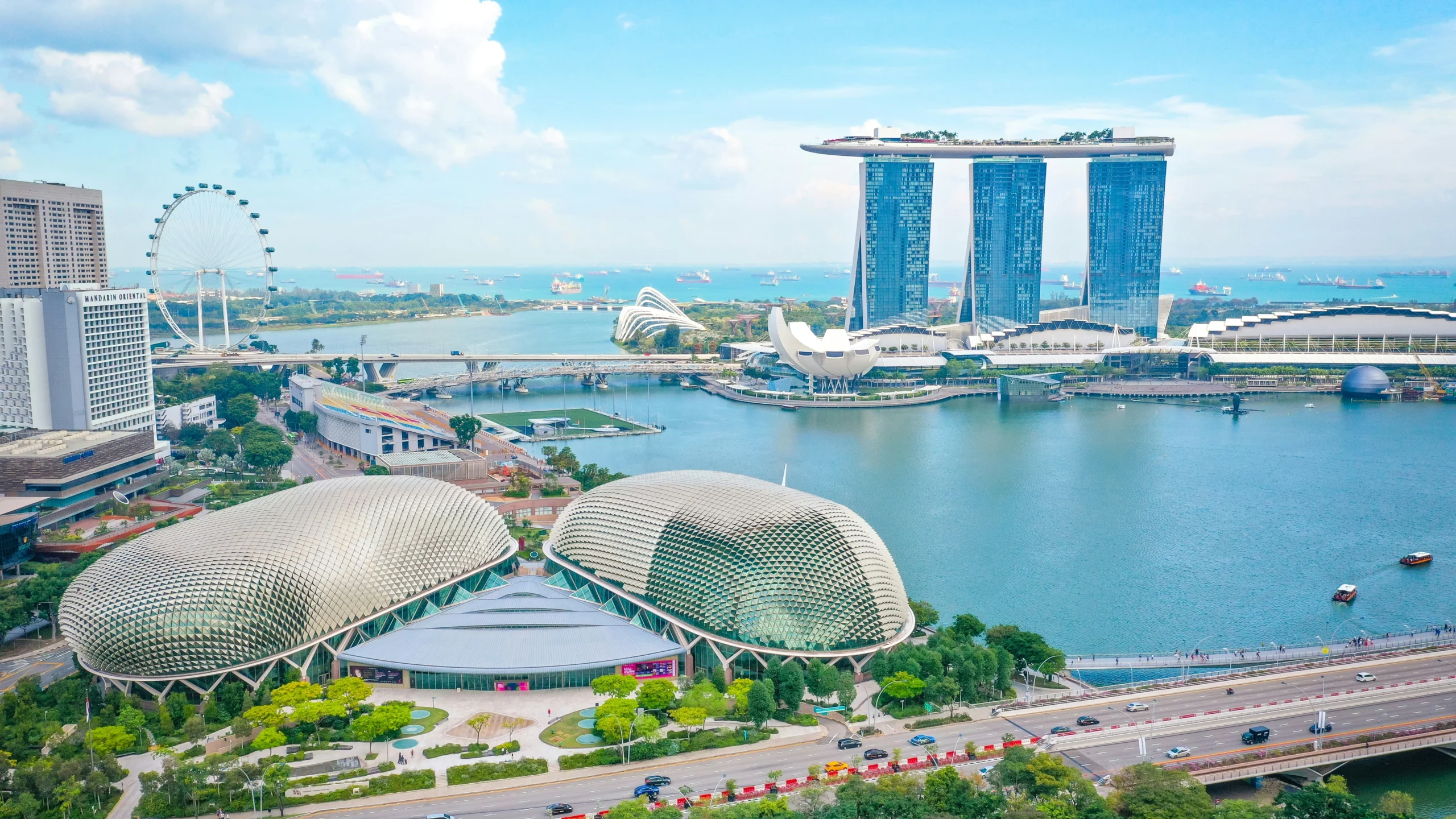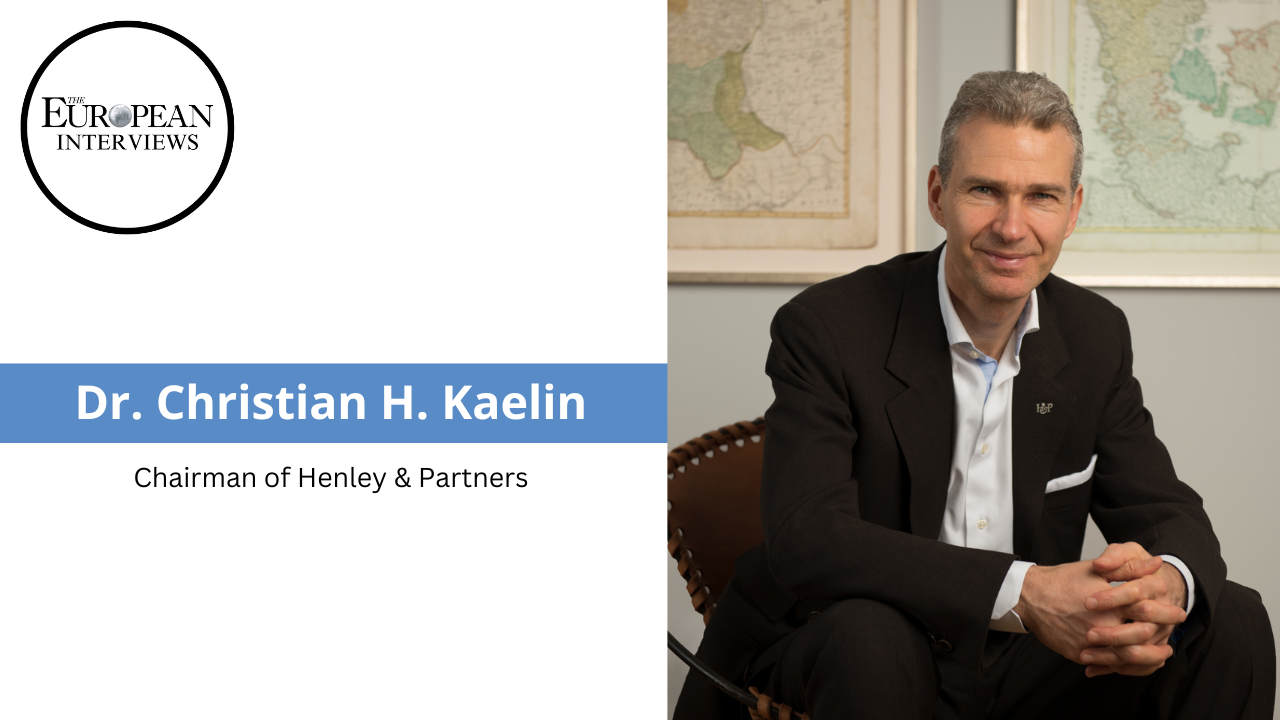Malta introduces Nomad Heritage Card for remote professionals

John E. Kaye
- Published
- Foreign Direct Investment, Residency Schemes
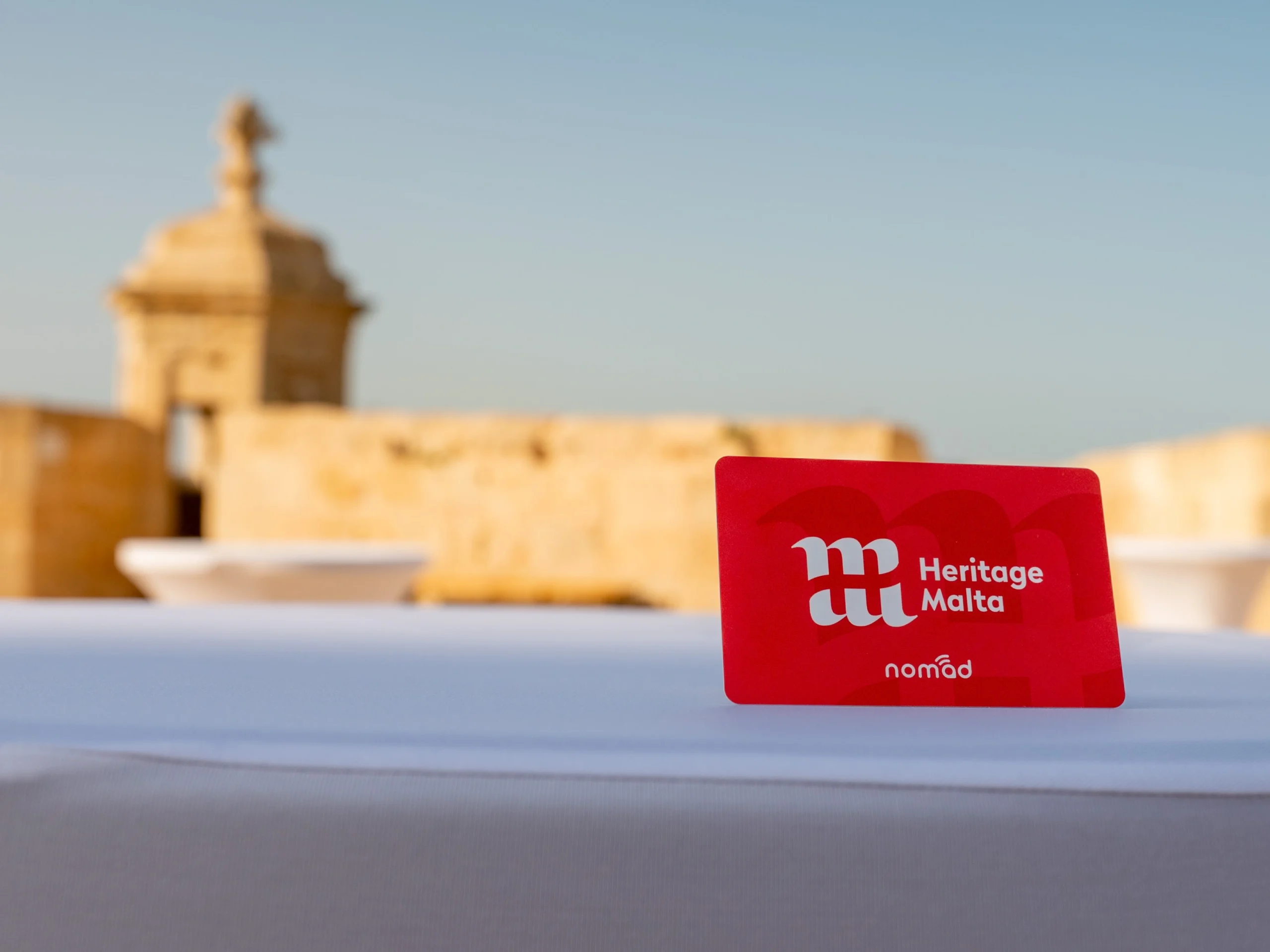
Malta is expanding its appeal to digital nomads with the launch of the Nomad Heritage Card. The initiative, developed in partnership with Heritage Malta, gives remote professionals free access to museums, historic sites, and cultural landmarks, deepening their connection with the islands while strengthening Malta’s position in the global remote work economy
Malta has added a cultural dimension to its strategy of attracting remote professionals. The island, already established as a hub for digital nomads thanks to its geographic position, connectivity and lifestyle, has now introduced the Nomad Heritage Card, an initiative that grants remote workers with a Nomad Residence Permit free access to many of the country’s cultural landmarks.
The scheme is a collaboration between Residency Malta Agency, which oversees the Nomad Residence Permit, and Heritage Malta, the national agency for museums, conservation practice and cultural heritage. Permit holders will be able to visit a number of museums, historic sites and exhibitions across the country free of charge.
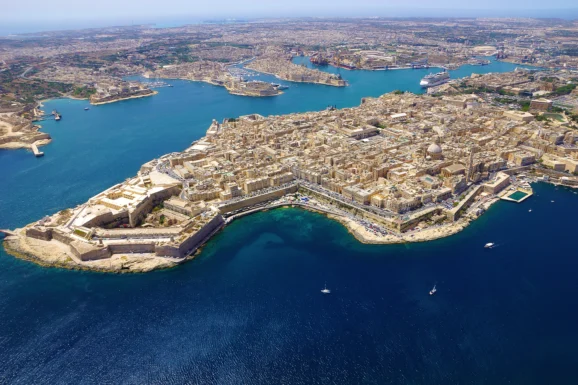
Malta’s chequered history has produced a remarkable cultural legacy that includes some of the world’s oldest megalithic temples, a wealth of Baroque architecture and wartime landmarks from the British era. Each site offers visitors an insight into the history of the Maltese islands and their people, whose traditions and values continue to shape life in the country today.
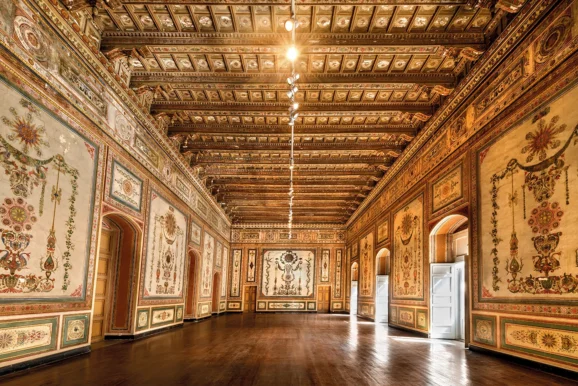
The project reflects a broader recognition that cultural integration is central to retaining global talent. By connecting professionals with over 8,000 years of history, Malta aims to position itself as more than just a convenient base.
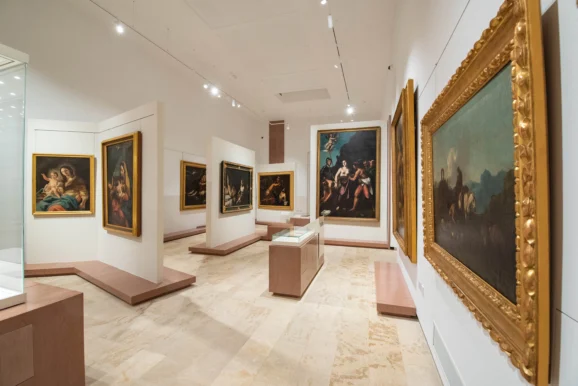
“Malta has long understood that the success of a digital nomad ecosystem relies not only on infrastructure and services, but also on cultural connectivity,” Jonathan Cardona, the CEO of Residency Malta, said. “With the Nomad Heritage Card, we are offering remote workers the opportunity to forge a deeper connection with the Maltese identity – its past, its people, and its values. This is key to long-term engagement and retention in a globally competitive nomad market.”
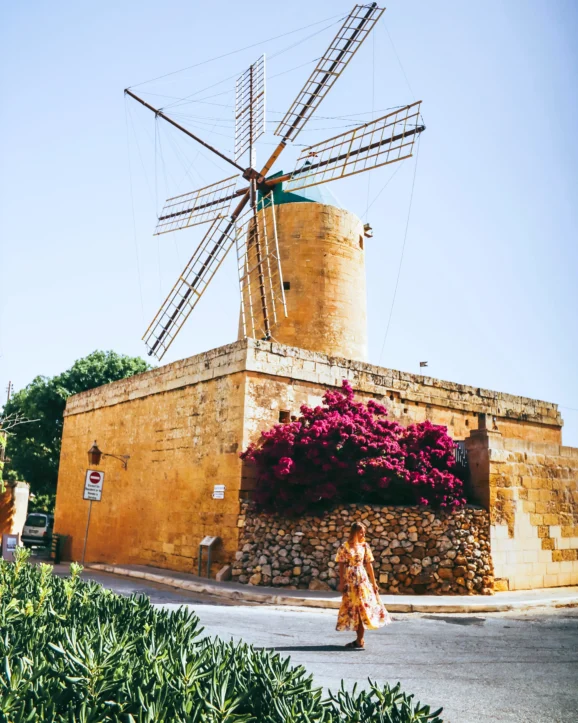
“This partnership highlights how culture can serve as a bridge between global citizens and our local heritage,” Noel Zammit, the CEO of Heritage Malta, added. “The Nomad Heritage Card aims to help digital nomads feel at home and become part of the Maltese community by deepening their understanding of Malta’s rich history and traditions. This cultural integration will not only benefit nomads but also allow Heritage Malta to put its slogan ‘Part of Us’ into practice. We look forward to welcoming remote professionals who wish to deepen their connection with the islands by engaging with its history, traditions, and identity.
Wider strategy
The introduction of the card is part of Malta’s effort to strengthen its position in a competitive global market for remote workers. The country already offers advantages such as widespread English fluency, a mild climate, hospitable people, a sense of community, and extensive connectivity. Residency Malta has also invested in community-building measures such as networking events.
The Nomad Residence Permit continues to draw applicants from a broad mix of industries and regions around the world. Entrepreneurs, creatives, tech specialists, and freelancers are increasingly adding Malta to their nomadic journey. Industry experts point out that destinations now need to provide depth of experience, not just convenience, if they want to attract long-term commitment and build loyalty.
Looking outward
For European policymakers, Malta’s example illustrates how heritage can play a role in the remote work economy. By tying cultural access to residency programmes, the island seeks not only to welcome digital nomads but also to embed them into its community fabric — a model that other destinations may soon follow.
Further information
Produced with support from Residency Malta. To find out more about Malta’s Nomad Residence Permit, including eligibility criteria, visit nomad.residencymalta.gov.mt.
Read More: ‘Malta – a popular base for digital nomads‘. With an estimated 40 million digital nomads now reshaping the global economy, countries are racing to attract remote workers with the right mix of stability, infrastructure and lifestyle. Daryl Grima of Residency Malta explains why the island’s Nomad Residence Permit – offering a renewable stay for non-EU citizens – is positioninlegacy that includes someg Malta as a serious base for internationally mobile professionals.
Do you have news to share or expertise to contribute? The European welcomes insights from business leaders and sector specialists. Get in touch with our editorial team to find out more.
Main Image: Nomad Heritage Card
RECENT ARTICLES
-
 Zanzibar’s tourism boom ‘exposes new investment opportunities beyond hotels’
Zanzibar’s tourism boom ‘exposes new investment opportunities beyond hotels’ -
 Residence and citizenship planning is reshaping global wealth strategies
Residence and citizenship planning is reshaping global wealth strategies -
 Building sovereign bridges by attracting global investors
Building sovereign bridges by attracting global investors -
 Bahrain cuts property investment threshold for golden residency
Bahrain cuts property investment threshold for golden residency -
 Where mobility meets opportunity: Malta’s strategic advantage for global investors and innovators
Where mobility meets opportunity: Malta’s strategic advantage for global investors and innovators -
 UK government sets up Women in Tech taskforce amid gender imbalance concerns
UK government sets up Women in Tech taskforce amid gender imbalance concerns -
 Malta introduces Nomad Heritage Card for remote professionals
Malta introduces Nomad Heritage Card for remote professionals -
 How free global cities could reshape the future of migration
How free global cities could reshape the future of migration -
 Dominican Republic positions itself as Caribbean hub for sustainable trade and investment
Dominican Republic positions itself as Caribbean hub for sustainable trade and investment -
 Biviana Riveiro Disla speaks to The European about the Dominican Republic’s role as a hub for trade and investment
Biviana Riveiro Disla speaks to The European about the Dominican Republic’s role as a hub for trade and investment -
 Liechtenstein tops global index for foundations
Liechtenstein tops global index for foundations -
 Keeping the door open: wealthy UK citizens investing their way back into the EU
Keeping the door open: wealthy UK citizens investing their way back into the EU -
 Ethiopia emerges as a sustainable investment leader on the African stage
Ethiopia emerges as a sustainable investment leader on the African stage -
 France’s FDI renaissance marks a Nouvelle Ère for Europe
France’s FDI renaissance marks a Nouvelle Ère for Europe -
 The Turks and Caicos Islands: A new era for financial services and innovation
The Turks and Caicos Islands: A new era for financial services and innovation -
 Jersey in focus – an interview with Chief Minister Deputy Lyndon Farnham
Jersey in focus – an interview with Chief Minister Deputy Lyndon Farnham -
 Malta – a popular base for digital nomads
Malta – a popular base for digital nomads -
 Move to Guernsey: The Channel’s island gem
Move to Guernsey: The Channel’s island gem -
 Malta’s residency-by-investment programme: a clear path to permanent residency
Malta’s residency-by-investment programme: a clear path to permanent residency -
 The banking shift that Europe’s businesses can’t afford to ignore
The banking shift that Europe’s businesses can’t afford to ignore -
 High-net-worth Europeans turn to investment migration amid security fears
High-net-worth Europeans turn to investment migration amid security fears -
 Beyond the beaches: a spotlight on the Turks and Caicos Islands
Beyond the beaches: a spotlight on the Turks and Caicos Islands -
 Video Interview with Dr. Christian H. Kaelin of Henley & Partners
Video Interview with Dr. Christian H. Kaelin of Henley & Partners -
 Ireland’s resilience and future in Foreign Direct Investment
Ireland’s resilience and future in Foreign Direct Investment -
 Video Interview with Peta Conn of Invest Northern Ireland
Video Interview with Peta Conn of Invest Northern Ireland




